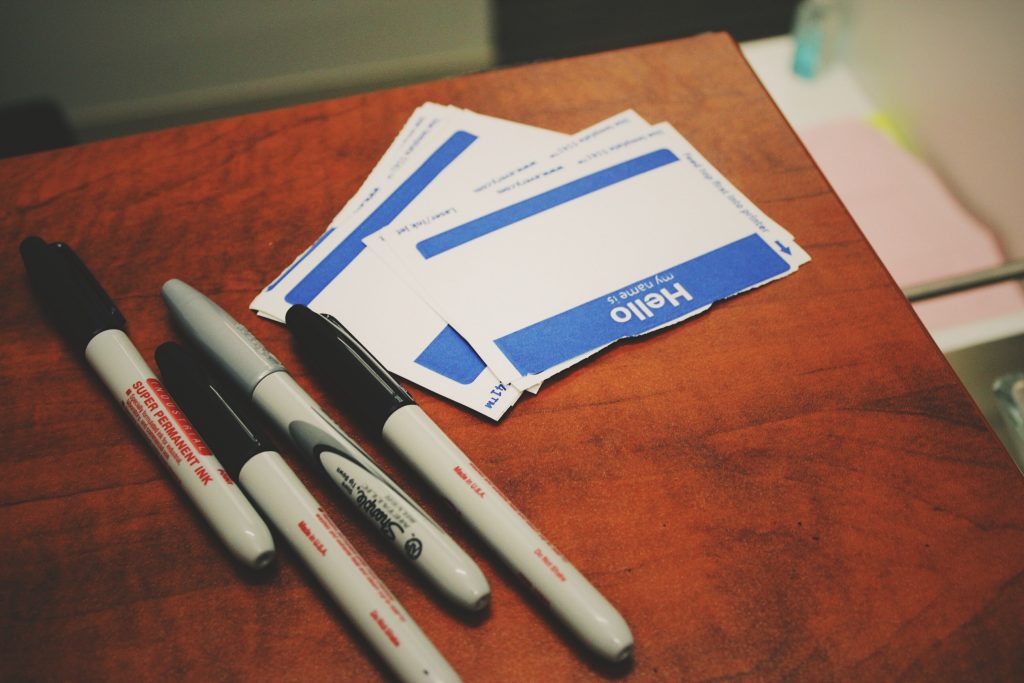Published on
New Name, Same Identity: How Evolving from a College to a University Really Works

New York State recently revised its definition of a university, and some colleges that meet the criteria are changing their names. Internally, that means a lot of work, branding, partnerships and drive to make the switch happen.
The EvoLLLution (Evo): What does it take to drive an institutional rebrand of this scale forward?
Maria Sparks (MS): Excelsior is changing its name from Excelsior College to Excelsior University with a complete rebrand on a tight timeline. We found out about the official name change in March, with a little planning done ahead of that, and we plan to have the name change take effect August 1. What it takes with that timeline is quick mobilization and thoroughness. So, we’re collaborating across the college and took the time upfront to identify any tasks we need to do. We are trying to be really detailed in our planning, so our execution can run smoothly.
Lynda Holt (LH): It’s taken a lot of coordination. There’s a lot of cross-college functionality happening. And that takes the involvement of a lot of people but also a ton of communication between the different units.
MS: We formed an operational task force with representatives of every unit to talk about this and the things that need to get done. They work within their teams and report back, so we communicate constantly. We’ve been meeting weekly for a few months at this point.
LH: We also have a certified project manager on the team. She’s keeping us very organized. One of the things that she’s very good at is keeping the questions going and helping people navigate through answering them. When things come up, the answers are captured and brought forward to the next meeting, and that has made the process very helpful and collaborative.
Evo: Is the project manager in-house, or was there an outside agency you brought in to help with this initiative?
LH: The project manager came from in-house, but we did hire an external agency called Lipman Hearne to assist us with renaming and rebranding. They are working on the marketing side, looking at our personas, geographical analysis, our competitors, how they speak, coming up with new brand pillars for the organization and developing a new graphical identity.
The future state of Excelsior University—the real secret sauce—is not changing.
–Lynda Holt
Evo: How do you maintain brand awareness and excitement among prospective learners while also maintaining brand affinity among current students and alumni?
LH: There’s a lot of middle ground. With the help of Lipman Hearne, we did focus groups between internal parties—our student services group, advisors and admissions teams—and our faculty members, to really talk about where Excelsior has had strengths in the past and what our future state might look like. And then they also talked to alumni and current students about the same topics. What did they see as our strengths? What did they see as being really important in the market that we needed to bring forward? The future state of Excelsior University—the real secret sauce—is not changing. We’re still a student-focused organization, very mission driven to serve the market that we have served, and we are looking to expand that into a bigger market. Who we are, our personality as an institution, is not changing but expanding.
MS: And that’s the message we put forth in our communications informing alumni and current students of the intent to become Excelsior University. Early on, we informed all our stakeholder groups about the change. We also detailed the benefits for them as Excelsior grows and changes into Excelsior University.
Evo: Are there any legislative considerations the marketing team needs to keep in mind during a transition period from a college to a university?
LH: Not at this stage. Recently, the New York State Board of Regents revised the definition of a university to include institutions that offer master’s degrees in several areas. Prior to the change, we were at a disadvantage because there were out-of-state institutions calling themselves a university that did not meet the definition of one in New York State yet were advertising. When that university definition changed, we were able to put forth the application to change our charter and become a university.
MS: When we requested to become a university, we had included the request for August 1st. So, really the consideration we have now is to live up to the date in the charter for Excelsior University. And while we’ve been planning and working toward this change, no materials with the university name will be public until August 1st.
Evo: Is anything happening before August 1st regarding the change for promotional materials?
LH: As I said, a new graphical identity is being developed with the assistance of the agency. Our creative team is kicking into high gear in terms of switching over our assets to the new branding, so they’re ready to go on August 1st. Those include our TV commercials, radio commercials, Google ads, newspapers and billboards too. All that will be ready but will not go live until August 1st. Also, website changes are all planned but won’t go live until the 1st, so we won’t have anything out in the market prior. There’s a lot of work in the background to get ready.
There are other materials across the college beyond marketing that are under consideration.
MS: And with Lipman Hearne working on our brand platform and on persona development and messages by program and by persona, that’s information that we’ll use in rewriting and refreshing materials.
Evo: Where have you seen the most success in your advertising campaigns, and do you think that’s something that will continue when you make the switch to the university name?
LH: It depends on the definition of success. We do a lot of search engine and social media advertising. I see those ads being updated and continuing to work well as we build up our brand awareness advertising on TV, streaming and online. For people who know Excelsior, we are excited to promote our new identity. And for those who do not yet know us, we are looking forward to introducing ourselves.
Evo: From the time it was decided that Excelsior was going to make the switch to a university until the formal announcement a couple of weeks back, what was most difficult about the change?
LH: There were a lot of challenges; change is not easy for anyone. Some change management was difficult, in that you have to start socializing ideas early and help people understand why it matters and how we’re going to go about doing things. Part of that is very systematic in helping people understand the process and the plans. We’re not changing who we are—we are still Excelsior. We are not looking to change our DNA but to expand it. For me, that was the hardest part—that, and the rapid pace of what we needed to get done. We really started seriously talking about this in January. We had an RFP out at the end of January for the rebranding firm. So, things happened very, very quickly for us.
MS: We have our audiences to be thinking about while trying to do right by where the institution is going. And at the same time we are internally working on those plans too. So, in some ways we’re developing a brand in which our mission is the same, but how we’re doing things may be a little different. Making sure that we encompass the future has been a challenge, but maybe an expected one. Developing a logo is tough work, no matter when you do it and what time frame you have. For me, the logo process has been a challenging part. You know, Excelsior was founded 50 years ago, and people feel very attached to it. But the great thing here is that the mission hasn’t changed. It’s really about trying to get people to understand where we’re going as an institution while trying to tell the story in a fresh way and bringing everybody along with it.
Evo: Was there any pushback from faculty or students regarding the switch?
LH: For the most part, when we made the announcement, it was very positive. Where there was more pushback was people saying, “I like the old logo. Why do we need to change?” I think switching to a university is a good thing for the alumni and for the students. I think the bigger question is, “Can I now get a diploma that says ‘university’ on it?” That was our biggest question.
Evo: Is there anything you would like to add, words of encouragement or advice for other colleges who may be looking to make this switch down the line?
LH: Be thoughtful. Figure out why you are doing this. Seek out help where you need to. I think hiring the agency was the right move for us. We have other colleges around us. In New York State, many colleges are now switching to universities. Some of them did it overnight. They got permission to do it and they did it. We saw this as an opportunity, not just in branding but also in changing our story. And we want to capitalize on that. I would encourage other colleges to think about that. What does it mean for you and how does the story continue once the name change happens?
This interview was edited for length and clarity.
Author Perspective: Administrator



